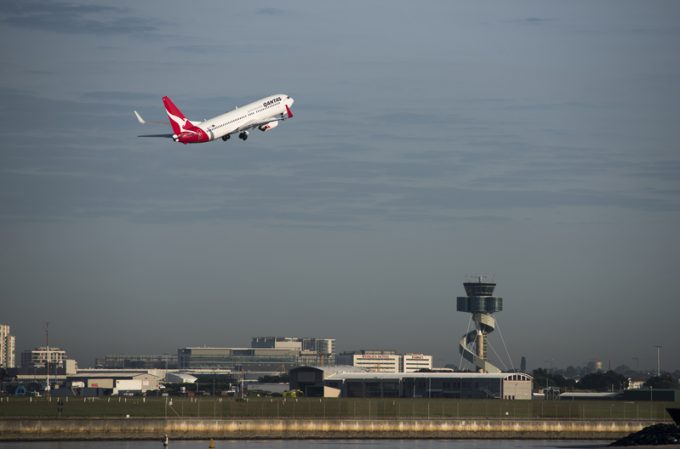Flower shippers demand some loyalty as airlines shift capacity around
Carriers prioritising profit when deploying freighter capacity have caused “headaches” for Kenyan flower shippers forced ...

Australia has extended air cargo subsidies until next June and unveiled plans to diversify trade away from over-reliance on China.
The International Freight Assistance Mechanism (IFAM) will receive an extra A$317.1m (US$226m), with $95m earmarked specifically to address upcoming seasonal demand.
Having already received A$350m since launching in April, IFAM subsidises Australia’s high-value, time-sensitive perishable exports, such as seafood, premium red meat, dairy, and fruits and vegetables.
Trade, tourism and investment minister Simon Birmingham, said: “This initiative will continue to keep Australian farmers ...
Asia-USEC shippers to lose 42% capacity in a surge of blanked sailings
USTR fees will lead to 'complete destabilisation' of container shipping alliances
Outlook for container shipping 'more uncertain now than at the onset of Covid'
New USTR port fees threaten shipping and global supply chains, says Cosco
Transpac container service closures mount
DHL Express suspends non-de minimis B2C parcels to US consumers
Zim ordered to pay Samsung $3.7m for 'wrongful' D&D charges
Flexport lawsuit an 'undifferentiated mass of gibberish', claims Freightmate
Uncertainty over US tariffs sparks interest in bonded warehouses for imports
Cancelled voyages take the sting out of spot rate declines this week
Blanked sailings in response to falling demand 'just a stop-gap solution'
Shippers warned: don't under-value US exports to avoid tariffs – 'CBP will catch you'

Comment on this article